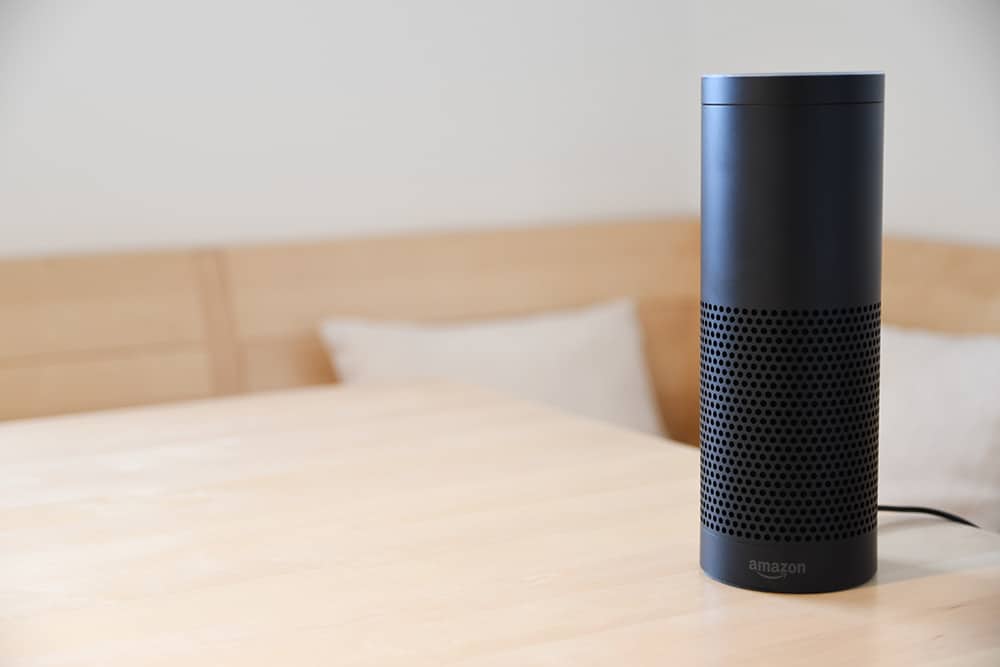Researchers developing assistive tech solutions to support independent living at home

Northumbria University researchers are testing and developing a range of smart assistive technologies to help elderly and disabled people live more independently at home.
Tools including virtual assistants, sensors, apps and smart devices like Amazon Alexa and Google Home are being tested as part of a ‘living lab’ at the university. The project will look to assist older people, those with mental health needs, and people with learning disabilities and autism spectrum disorder.
According to Northumbria University, local councils are showing interest in its pioneering approach to using assistive technology to support vulnerable people in the home.
The lab at Gateshead Innovation Village – a housing development created by Home Group and designed by ID partnership with project management by Elliott Associates – is the base for a one-year research project examining how various assistive technologies can assist vulnerable people in different ways.
These include home automation, prompts and reminders about everyday activities, developing and maintaining skills, and behaviour monitoring. For instance, motion detection sensors that sense something unusual in a person’s behaviour pattern could send an alert to the individual’s family member or carer.
One solution that has been developed is IntraVox, which is a process that analyses data collected from the sensors and then sends a message in a familiar voice to control a virtual assistant. This audible sending of commands makes the things that go on in the home clearer and more understandable, which is particularly important for residents that are not used to “smart” technology.
“The voices on these devices such as Alexa and Google Home also sound quite synthetic,” said Ana-Maria Salai, Senior Research Assistant in the Department of Nursing, Midwifery and Health at Northumbria University. “Programming these devices so that they have a human voice makes them a lot more user-friendly. These can be the voices of a family member, friend, or even a person’s carer.”
“We have also identified the benefits of developing a person’s skills using digital technologies, for example, using a tablet to show a friend or family member making a cheese sandwich, giving clear instructions along the way. This has proven more valuable to vulnerable people who respond better to a familiar voice and face, rather than someone they don’t know on a generic tutorial video.”

